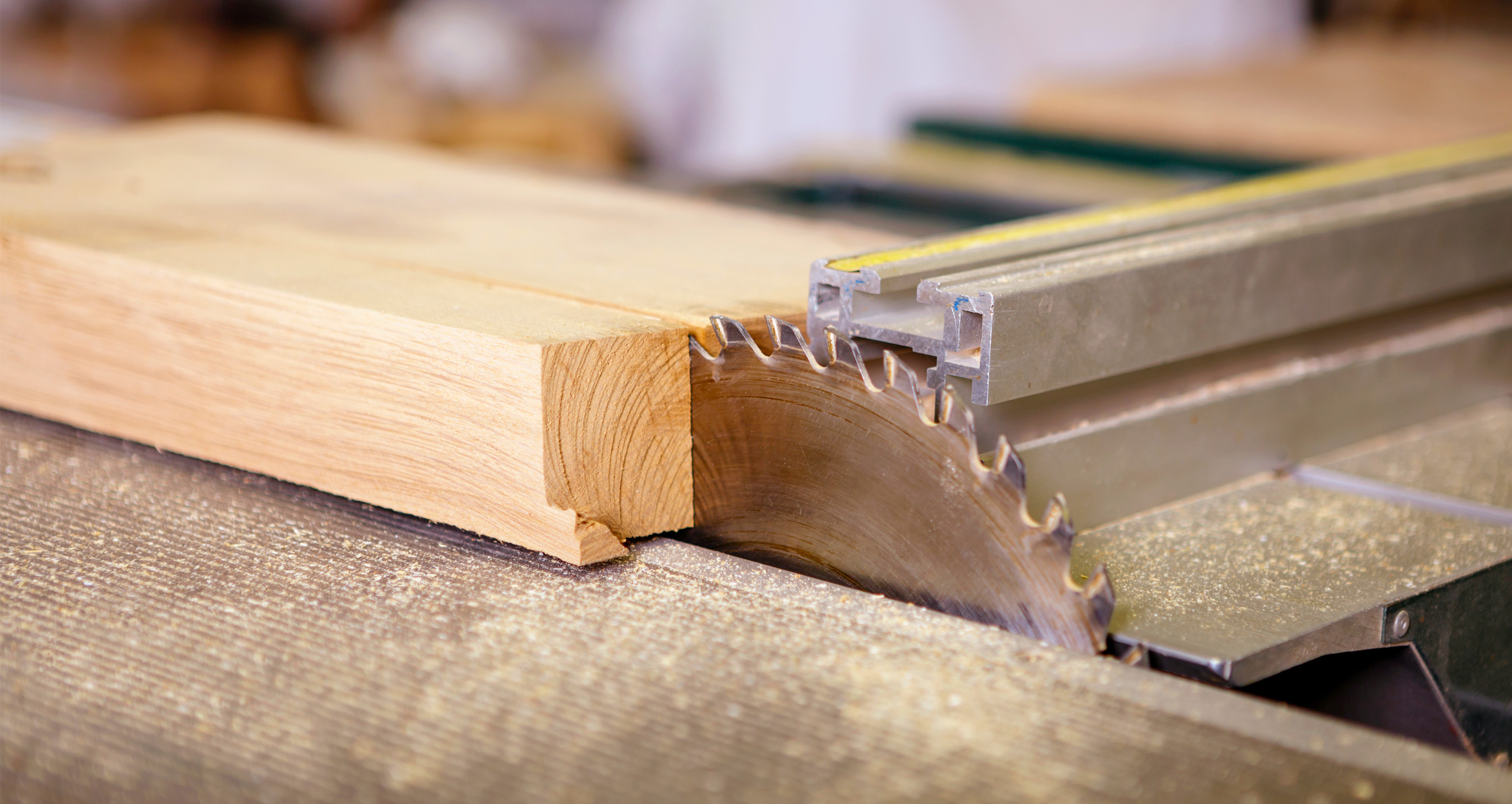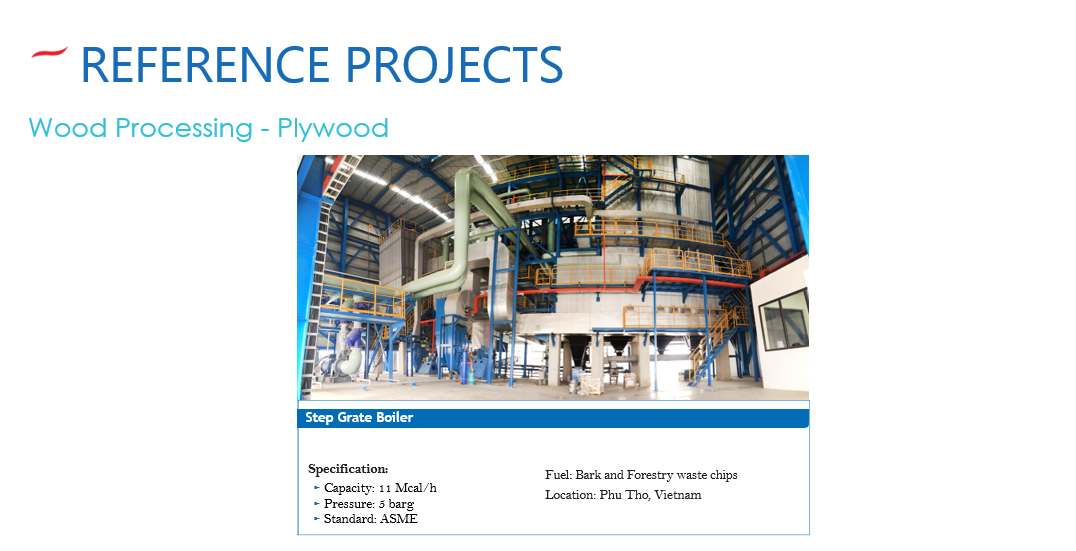Wood Processing & Plywood Industry
1. Overview of the Wood Processing & Plywood Industry
The wood processing and plywood industry play a crucial role in the global wood industry. The supply from this sector is utilized in various industries such as construction (for foundations, walls, floors, doors, etc.), furniture, packaging, biomass energy, and more. Additionally, the wood processing industry has become a key export sector for Vietnam, ranking fifth after crude oil, textiles, footwear, and aquatic products.
With this rapid development, the energy consumption of the wood industry accounts for 2.23% of the total energy consumption in the industrial sector (according to the Tai Nguyen & Moi Truong Journal in 2018). It is projected that during the period from 2015 to 2030, the wood processing industry will experience an average annual energy demand growth rate of approximately 8%. This presents a significant opportunity for the application of industrial boilers in the production process.
2. Applications of boilers in the wood processing and plywood industry
Boilers play a crucial role in the wood processing industry, facilitating the production of high-temperature and high-pressure steam for various manufacturing processes. In these processes, wood is primarily treated either mechanically or chemically. The resulting products still retain the fundamental characteristics of wood.

The Uju hot water boiler manufactured by Martech is utilized in the wood pellet production process
The wood drying process is a crucial part of wood processing. Typically, in this process, steam is used as a heat source, and air or high humidity air is utilized as a heat transfer medium. The convective heat exchange process is employed for wood drying. Additionally, steam boilers serve various other essential functions in wood processing, such as:
- Disinfect: To cleanse of infections and destroy deemak.
- Extraction: Extraction in chemistry is a separation process consisting of the separation of a substance from a matrix.
- Curing: Curing Also involve drying by addition of certain salts for toughening and hardening of Planks
- Sterilizing: Refers to the elimination of fungus, bacteria, spores by the method of dry heating.
- Packaging: For making packaging material so that plywood can reach the market securely
- Wood Preservation: wood will have become strong and long-lasting.
- Anti flaming: fire retardant treatment for wood and timber is done to make its lifespan long
- Mothproof: Chemical treatment so as to repel wood moth that can spoil the wood.
- Coking: To convert wood into coke which is used as fuel.
- Degrease: To remove grease or oil from the surface to give a matt finish.
In the plywood industry, boilers play a crucial role in drying the wood to make plywood strong and durable. The time required to dry different types of plywood depends on the moisture content, thickness, and density of the wood.
Various methods are employed for plywood drying, and one of the most common approaches is the steam contact method. In this method, steam generated from boilers is directly used to dry the plywood.

In the plywood manufacturing industry, steam boilers are primarily used for wood drying
3. Martech's project


